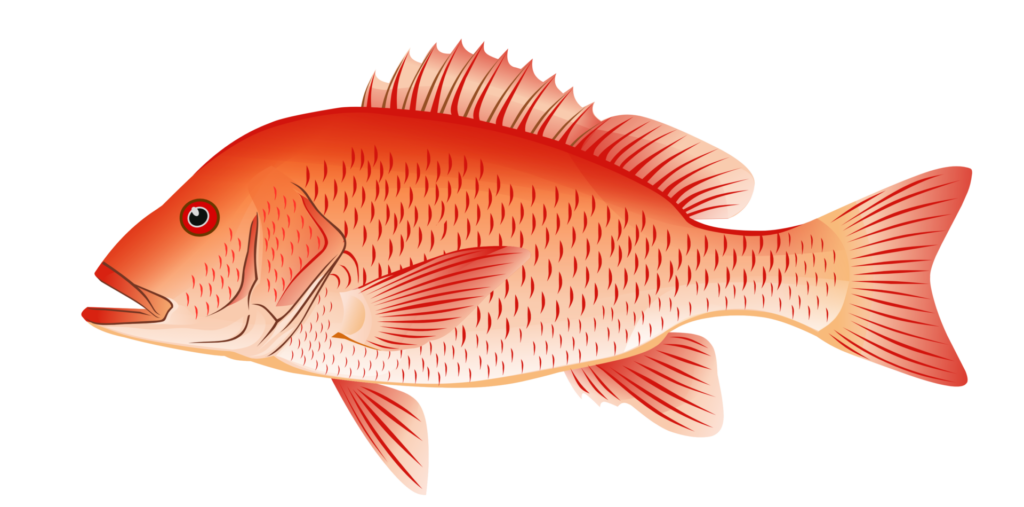How To Identify A Good Fishing Charter

Planning a fishing trip in Tampa Bay? Choosing the right fishing charter can make the difference between a great day on the water and a frustrating experience. With so many options available, it’s important to know what to look for to ensure you get the best possible adventure. Whether you’re a seasoned angler or new to fishing, here are 10 essential tips to help you identify a quality fishing charter.
1. Define Your Fishing Goals
Before you start searching for a fishing charter, think about what kind of experience you’re after. Are you looking for inshore fishing targeting snook and redfish, or a deeper offshore trip in pursuit of grouper and snapper? Do you want a half-day, full-day, or overnight charter? Some trips focus on sportfishing, while others are geared toward family fun or sightseeing. Knowing what you want will help you choose a charter that fits your expectations and skill level.
2. Check the Captain’s Background
The heart of any great charter is the captain. Look up the captain’s background and reputation. Social media, online reviews, fishing forums, and even word of mouth in local angler groups can reveal valuable insights. Look for consistent positive feedback, particularly related to safety, professionalism, and success in catching fish. A well-regarded captain will have a loyal client base and a proven track record on the water.
3. Confirm Licensing and Insurance
Never book a charter without confirming that the captain is fully licensed and insured. Ask how many passengers the license covers and whether they follow local and federal fish limits. Licensing also ensures they are trained in maritime safety and regulations—a critical factor when heading out on open water. In Florida, captains should have a U.S. Coast Guard license and proper liability insurance to operate legally and responsibly.
4. Review the Website
A captain who cares about their business usually puts effort into their online presence. Review the website to check for clear contact information, photos of the boat, gear, and previous successful catches. Look for client testimonials, details about the services offered, and up-to-date fishing reports if available. A professional website, like Apollo Beach Fishing Charters, can be a great indicator of the captain’s professionalism and pride in their operation.
5. Call and Speak to the Captain
Don’t rely on email alone. Pick up the phone and speak directly with the captain. Ask whether they have experience fishing the specific waters you’re interested in and the type of fish you’re targeting. A quick conversation can reveal a lot about their knowledge, professionalism, and willingness to accommodate your needs. It also gives you a chance to ask questions about the trip, boat conditions, what to bring, and what’s included.
6. Read Reviews from Multiple Sources
Don’t just skim the testimonials on the company’s own website—check third-party sources like Google Reviews, TripAdvisor, Yelp, and Facebook. Pay attention to both the number of reviews and the quality. Look for patterns—if multiple people mention the captain being knowledgeable, friendly, and finding great fishing spots, that’s a good sign. Be wary of one or two outlier reviews, but consistent negative feedback should raise a red flag.
7. Ask About the Boat and Equipment
The quality and condition of the boat and gear matter. Ask how old the boat is, whether it’s regularly maintained, and what kind of fishing gear is provided. A reputable charter will use well-maintained rods, reels, bait, tackle, and safety equipment. If you’re planning to bring children or elderly passengers, ask whether the boat has shade, seating, and a bathroom if needed. Comfort and functionality can affect your overall experience.
8. Clarify What’s Included in the Price
Not all charters include the same things in their base price. Some may provide licenses, bait, tackle, drinks, and fish cleaning, while others charge extra for these services. Clarify what’s included and ask for a breakdown of any additional costs. Understanding the full cost upfront helps you avoid unexpected surprises and allows you to compare charters more fairly.
9. Understand the Cancellation Policy
Weather can change quickly in Florida, especially during summer months. Make sure you understand the cancellation policy before booking. Reputable charters typically offer rescheduling or refunds if a trip is canceled due to unsafe weather conditions. If you cancel for personal reasons, some may offer partial refunds or credit toward a future trip. Clear communication on this topic can save you time, money, and frustration.
10. Trust Your Instincts
Sometimes, your gut feeling is the best indicator. If a captain is quick to respond, knowledgeable, polite, and enthusiastic during your initial communication, that’s a strong sign they care about customer experience. On the other hand, if you feel rushed, ignored, or unsure, it might be best to look elsewhere. Booking a fishing charter is more than just hiring a boat—you’re investing in an experience. Trusting your instincts can help ensure it’s a good one.
Final Thoughts
Tampa Bay is one of Florida’s most bountiful fishing grounds, and with the right charter, it can be an unforgettable adventure. From tarpon and trout to redfish and grouper, there’s no shortage of exciting catches in our local waters. By taking the time to do your research, speak with the captain, and verify the essentials like licensing and gear, you’ll be well on your way to a successful and safe day on the water.
If you’re looking for a proven and professional fishing charter in the Tampa area, Apollo Beach Fishing Charters offers personalized inshore and nearshore trips led by experienced captains who know these waters like the back of their hand. Contact us today to book your next fishing adventure and experience the best that Tampa Bay has to offer!
Continue Reading Our Blog
The Complete Guide to Sheepshead in Tampa Bay — Catch It, Cook It, and Relish It
The Complete Guide to Sheepshead in Tampa Bay — Catch It, Cook It, and Relish…
Mastering the Mangrove Red Snapper: Catching, Cooking & Charter Tips for Tampa Bay
If there’s one fish in the Tampa Bay region that delivers on all fronts —…
Real vs. Imagined Dangers on a Fishing Boat: What’s Worth Worrying About — and What Isn’t
Real vs. Imagined Dangers on a Fishing Boat What’s Worth Worrying About — and What…





